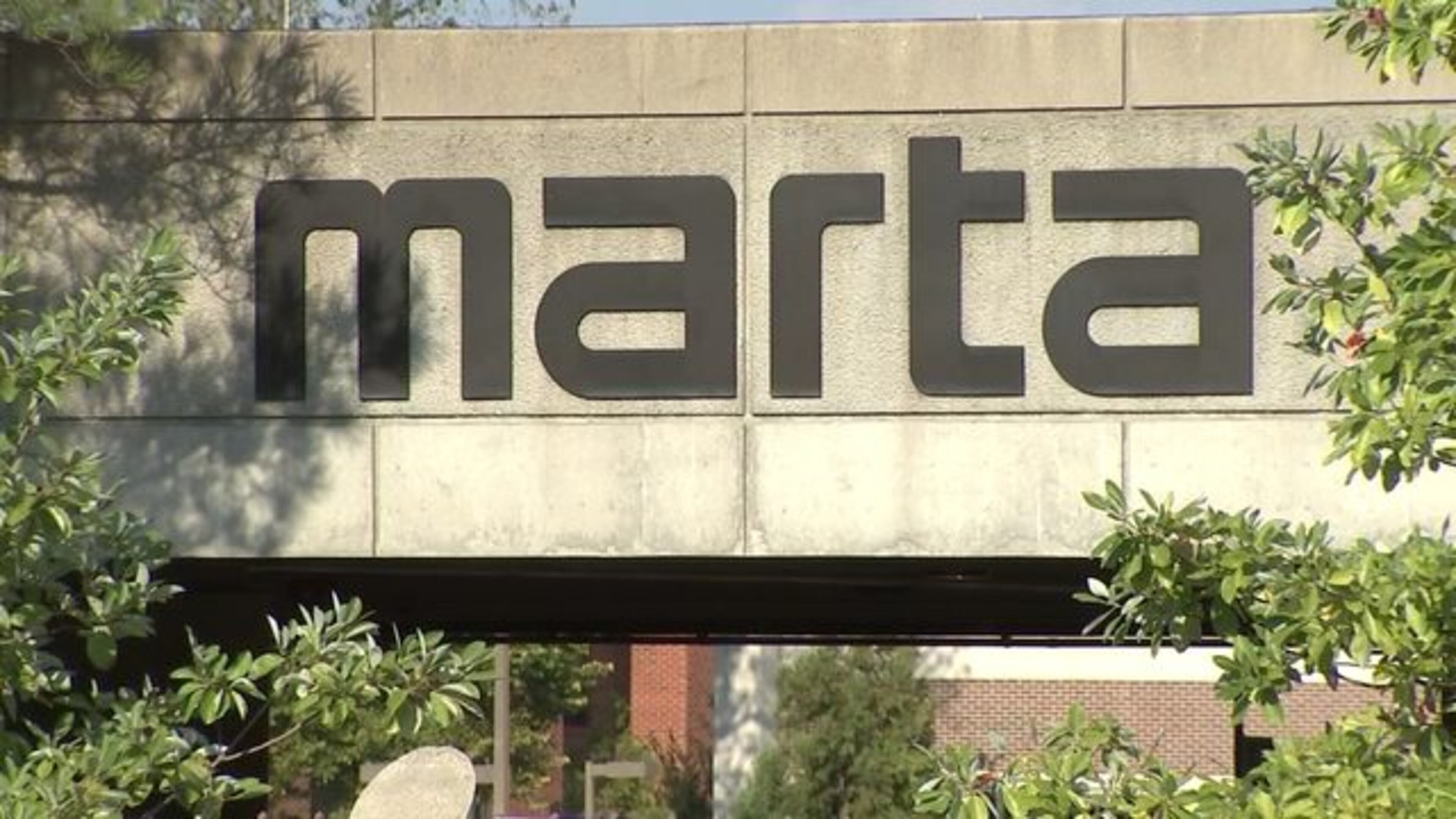Opinion: Toward a less-congested ride

The MARTA Board last Thursday passed a plan that has great potential to increase mobility within the City of Atlanta — and beyond, truth be told.
Approval of the More MARTA plan will unleash a projected $2.7 billion for transit improvements within the city limits. That amount is expected to be generated over 40 years from a half-penny sales tax that City of Atlanta voters passed in 2016. It’s expected that this funding stream will lure accompanying federal grants and even private funding for projects in the plan.
The plan has generated headlines for good reason. It is the most-ambitious effort in a long time to leverage new or improved transit options against metro Atlanta’s increasing congestion.
The More MARTA plan calls for a combination of new light rail, bus rapid transit and arterial rapid transit along Atlanta streets. The goal is to enhance our ability to travel effectively between popular destinations and key job centers.
Moving assertively to improve our epic congestion and ability to get around is a non-negotiable need for the city of Atlanta, and the vast region that surrounds it. More MARTA seems to be a solid start toward those goals. It cannot be the last.
Thankfully, the region and state are in the midst of several encouraging initiatives that should help better manage our growing traffic flows in coming years.
The state of Georgia’s courageous 2015 move to raise fuel taxes is paying for road improvements across the state as well as metro Atlanta. The Georgia Department of Transportation last summer opened the latest route of variable-rate highway toll lanes along I-75 and I-575. More metro toll routes are planned.
The Georgia Legislature this year also passed a long-needed law that sets up an umbrella body for the region’s various transit agencies. It should improve coordination and efficiency in ways that will ease commutes over time. In Gwinnett County, commissioners have agreed to join MARTA and put contract approval on the ballot for next March.
There’s more to do for certain, but seen as a combined strategy, the outlook for lessening metro Atlanta’s entrenched congestion is brighter than it has been in a long time. That should be celebrated.
Andre Jackson, for the Editorial Board.



